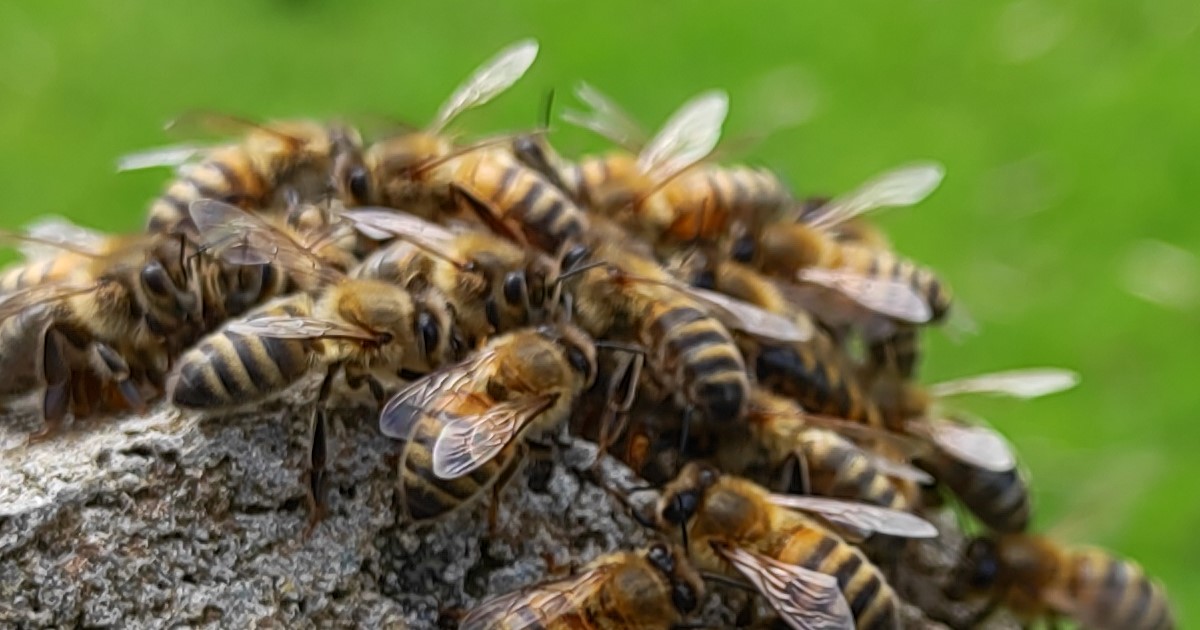- 2.9Impact Factor
- 5.6CiteScore
- 19 daysTime to First Decision
Insect Adaptation in the Anthropocene: Responses to Contamination and Human-Induced Environmental Changes
Special Issue Information
Dear Colleagues,
Human activity is a major driver of insect adaptation, exerting selective pressures that shape their evolutionary trajectories. Over the past few decades, humans have drastically altered ecosystems, exposing insects to a variety of stressors both directly and indirectly. These include pesticides, heavy metals, industrial pollutants, organic contaminants, habitat alteration, urbanization, and climate change. As the ecological balance shifts, insect biodiversity, population dynamics, and species interactions are being reshaped, with profound consequences on the environment.
Insects exhibit diverse responses to anthropogenic stressors, as some populations decline while others adapt through physiological, genetic, or behavioral changes. Notably, some species have evolved resistance to pesticides and pollutants, often benefiting pest species while harming non-target organisms, including pollinators and natural enemies of pests. These changes contribute to biodiversity loss and shifts in the balance between beneficial and pest insects, with cascading ecological and agricultural consequences.
This Special Issue seeks to explore the mechanisms and consequences of insect adaptation in the Anthropocene, covering topics such as resistance evolution, detoxification mechanisms, changes in reproduction, behavior, physiology, and life cycles, biodiversity shifts, and broader ecological and evolutionary trends. Contributions in this Special Issue may address domains including evolutionary biology, ecotoxicology, physiology, behavioral ecology, and conservation science to foster a comprehensive understanding of how insects persist and evolve in a rapidly changing world.
Dr. Philippe Laval-Gilly
Guest Editor
Dr. Dani Sukkar
Guest Editor Assistant
Manuscript Submission Information
Manuscripts should be submitted online at www.mdpi.com by registering and logging in to this website. Once you are registered, click here to go to the submission form. Manuscripts can be submitted until the deadline. All submissions that pass pre-check are peer-reviewed. Accepted papers will be published continuously in the journal (as soon as accepted) and will be listed together on the special issue website. Research articles, review articles as well as short communications are invited. For planned papers, a title and short abstract (about 250 words) can be sent to the Editorial Office for assessment.
Submitted manuscripts should not have been published previously, nor be under consideration for publication elsewhere (except conference proceedings papers). All manuscripts are thoroughly refereed through a single-blind peer-review process. A guide for authors and other relevant information for submission of manuscripts is available on the Instructions for Authors page. Insects is an international peer-reviewed open access monthly journal published by MDPI.
Please visit the Instructions for Authors page before submitting a manuscript. The Article Processing Charge (APC) for publication in this open access journal is 2600 CHF (Swiss Francs). Submitted papers should be well formatted and use good English. Authors may use MDPI's English editing service prior to publication or during author revisions.
Keywords
- insect adaptation
- selective pressure
- ecotoxicology
- pesticide resistance
- non-target effects
- biodiversity loss
- climate change
- habitat alteration
- pollution
- environmental stress

Benefits of Publishing in a Special Issue
- Ease of navigation: Grouping papers by topic helps scholars navigate broad scope journals more efficiently.
- Greater discoverability: Special Issues support the reach and impact of scientific research. Articles in Special Issues are more discoverable and cited more frequently.
- Expansion of research network: Special Issues facilitate connections among authors, fostering scientific collaborations.
- External promotion: Articles in Special Issues are often promoted through the journal's social media, increasing their visibility.
- e-Book format: Special Issues with more than 10 articles can be published as dedicated e-books, ensuring wide and rapid dissemination.

